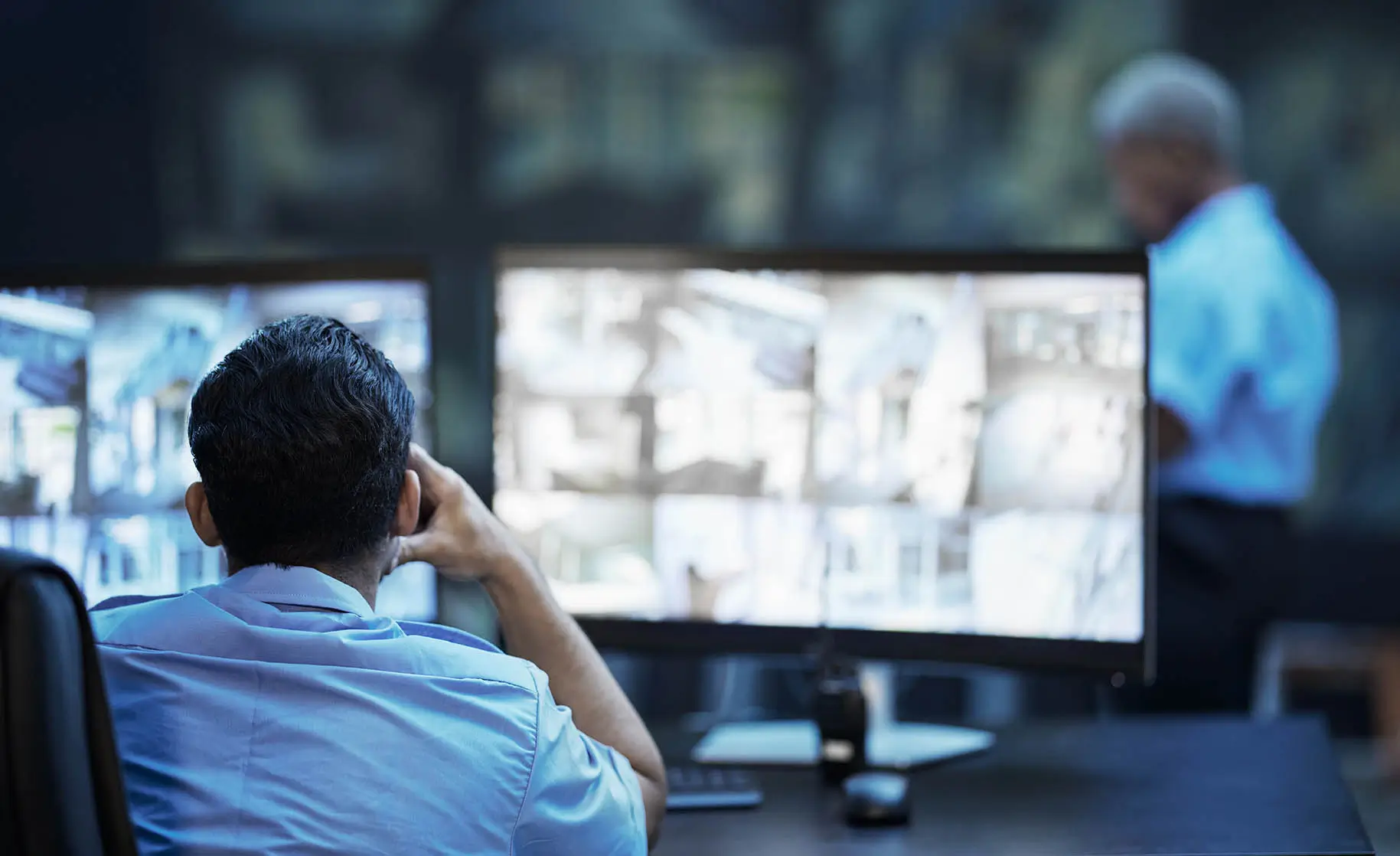Is CCTV Legal in the Workplace?
CCTV or Closed Circuit Television Systems are used extensively, installed across various industries like government bodies, retail, finance, industry, transportation, and education, often with significant overlap in their applications.
The objective of surveillance differs for every type of customer, thereby involving different system requirements and equipment according to the environment it operates in. This increase in usage can be seen in the statistics below.
The revenue from worldwide video surveillance equipment was estimated at USD 6.3 billion in 2005.
Now, according to the survey and research conducted by MarketsAndMarkets, the global market for video surveillance is expected to be USD 53.7 billion in 2023 and is projected to reach USD 83.3 billion by the end of 2028.
CCTV and its Use in the Workplace
Closed-circuit television (CCTV) systems have become the need of the hour in several workplaces for security. However, with time, these tiny cameras have found roles beyond security, including a comprehensive surveillance system that covers physical spaces and the activities of employees.
While the use of CCTV cameras does enhance security, a question still arises - Is CCTV legal in the workplace?
Is Employee Monitoring at Workplace Legal?
CCTV is predominantly used for crime detection and security purposes, as per the guidelines set by the Malaysian Personal Data Protection Department, which do not allow for use in staff monitoring purposes.
Monitoring employees in the workplace is a complex question, more so in Malaysia. Software tools for surveillance have made the legal rules in Malaysia complicated as Malaysia's PDPA 2010 has weaker rules than Europe's GDPR.
This has led to chaos and confusion with the lack of strong enforcement actions, making the situation unclear.

Should Companies Enforce CCTV Monitoring at Workplaces?
While monitoring employees in the workplace has its advantages, it also comes with its share of negatives.
| Pros of Installing CCTV in the Workplace | |
| Workplace Security and Employee Safety | CCTV must be primarily used to enhance security, and detect and prevent theft, vandalism, and unauthorized access. The use of CCTV cameras can ensure the safety of employees by monitoring high-risk areas like entrances, parking lots, or isolated locations. They also aid during emergencies to assess the situation and guide evacuation procedures. |
| Improved Productivity | Employers at certain organizations make use of CCTV to monitor employees' workflow, productivity, behaviour protocols, and activities throughout the day to ensure adherence to company policies along with an increase in productivity. |
| Evidence in Case of Crimes and Disputes | In times of an adverse event, CCTV footage can be used as valuable evidence for investigations in identifying culprits. They can also be used as evidence in disputes between employees or between employees and customers making conflict resolution easier. |
| Cons of Installing CCTV in the Workplace | |
| Privacy Concerns | One of the most significant drawbacks of workplace CCTV is the invasion of employee privacy, making the employees feel uncomfortable, and can lead to trust issues, stress, and anxiety. Employees may feel that they are not trusted to perform their duties or behave as per the guidelines without constant surveillance. |
| Footage Security and Legal Issues | Proper management of CCTV footage is essential to prevent hacking or unauthorized access to sensitive video recordings. Improper usage or failure to protect sensitive data can result in legal consequences and damage a company's reputation. |
| Cost | CCTV systems can be expensive, given the investments in installation, initial setup, maintenance, and storage of vast amounts of video data. |

What Must Both The Employers and Employees Be Vigilant Of?
Both employers and employees must behave in the presence of workplace surveillance. Employers must communicate to their employees about monitoring practises, including notice, guidelines, and adherence to ethical management practises.
As a fiduciary responsibility, employers must also inform and educate employees of their rights and engage in open dialogues with employers with the utmost transparency and mutual respect to foster a harmonious and productive work environment.
Conclusion
With the surge in the usage of CCTV cameras at workplaces and employee monitoring, there have been advantages of increased security, and improved productivity, as well as concerns raised about privacy and trust.
Employers must clearly define the objectives, the employee rights, and all relevant details to ensure the workforce feels at ease and does not feel untrusted.
The legal framework in Malaysia remains uncertain, demanding a cautious approach from both employers and employees. Finding this balance is crucial when dealing with the intricate landscape of workplace surveillance.
News & Events
Keep up to date
- 18Dec
Ricoh recognised as a Top 5 global AV Integrator in SCN Top 50 Systems Integrators 2025
- 11Dec
Ricoh Recognised as a Sustainability Leader in Quocirca's 2025 Report
- 31Oct
Ricoh perovskite solar cells installed on Japan Aerospace Exploration Agency cargo transfer spacecraft1 HTV-X1
- 17Oct
Ricoh recognised among Forbes’ World’s Best Employers 2025
